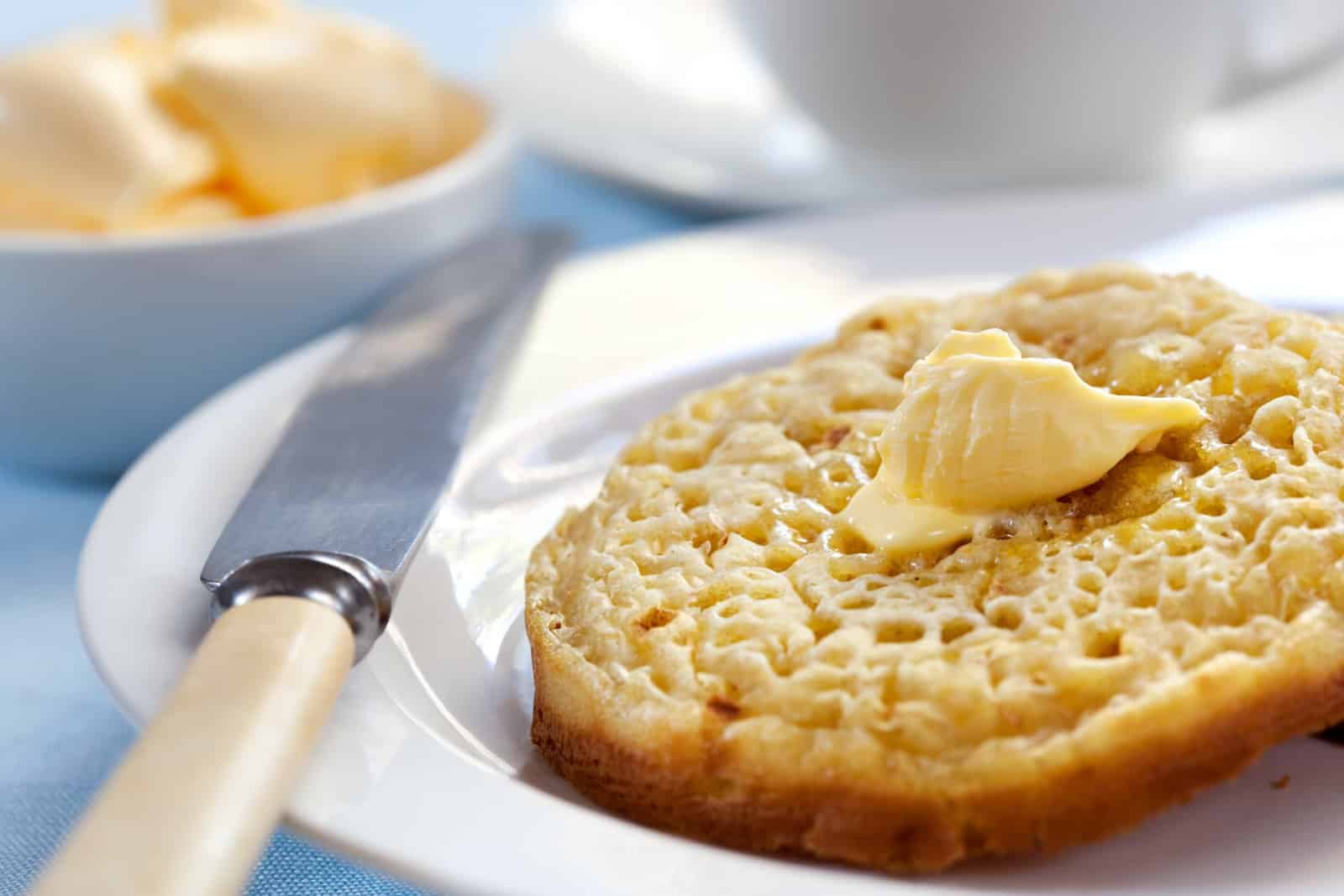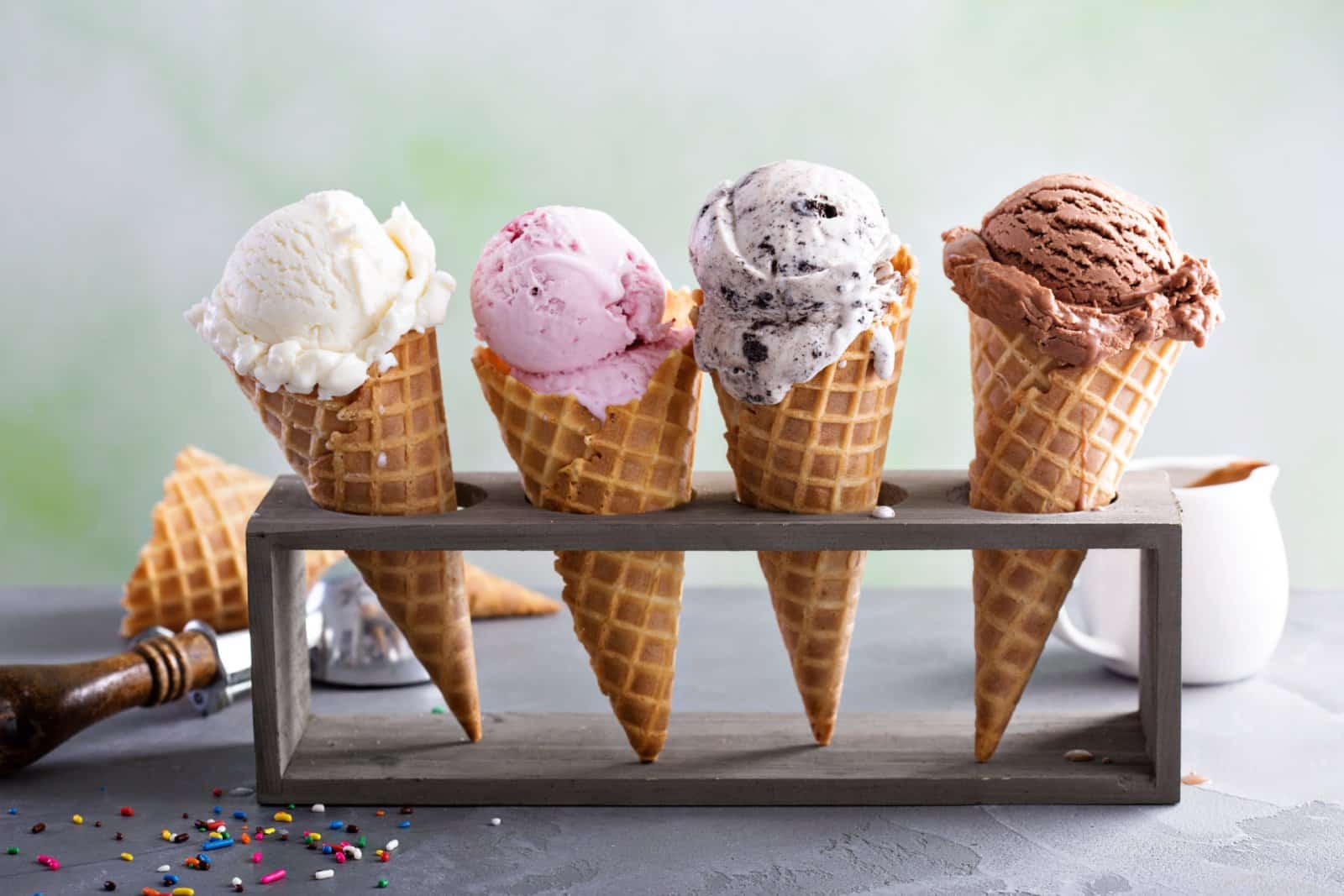Boomer Bites: 21 Eating Habits We Should Bring Back
The Boomer generation, those born between 1946 and 1964, grew up in a time of significant change, not just culturally and politically, but also nutritionally. Some of their eating habits are worth carrying forward, while others serve as cautionary tales. From home-cooked meals to the TV dinner phase, here’s a blend of the good, the questionable, and the outright avoidable Boomer eating habits that have shaped generations.
1. Sitting Down for Family Meals

The ritual of sitting down for dinner together fostered communication and strengthened family bonds. It’s a tradition that nurtures more than just our bodies.
2. Cooking from Scratch

Boomers learned to cook from scratch, using whole ingredients. This practice is not only healthier but also connects us to our food in a meaningful way.
3. Growing Your Own Food

Many Boomers grew up knowing how to garden. Growing your own food is sustainable, rewarding, and a great way to ensure you’re eating fresh produce.
4. Eating Seasonally

Before the era of global supply chains, eating what was in season was the norm. It meant fresher, tastier, and more nutritious meals.
5. Canning and Preserving

Canning was a skill many Boomers mastered. Preserving seasonal bounty is a sustainable habit that reduces waste and provides year-round enjoyment.
6. The Meat and Potatoes Diet

While protein and carbs are essential, this diet lacked variety and vegetables. It’s a reminder of the importance of a balanced plate.
7. Reliance on Processed Foods

The Boomer era saw a rise in convenience foods. While handy, many of these products are nutritionally poor—a habit best left in the past.
8. The Clean Plate Club

This well-intentioned rule often led to overeating. Listening to our bodies and eating until we’re satisfied, not stuffed, is a healthier approach.
9. Home Baking

Baking at home meant control over ingredients and a chance to share something special with loved ones. It’s a tradition that sweetens any meal.
10. Eating Out as a Treat

Dining out was once a special occasion, not the norm. Treating it as such today can make it more enjoyable and budget-friendly.
11. Generous Portions

Portion sizes have grown over the years. Learning from the past, we can strive for moderation and balance in our meals.
12. The Sunday Roast

A weekly tradition that brought families together and showcased cooking skills. It’s a wonderful way to make meals memorable.
13. The Milkman

Having fresh dairy delivered to your doorstep emphasized the importance of fresh food and supporting local businesses.
14. TV Dinners

A symbol of convenience over quality. While novel, they represent a shift towards less healthy eating habits.
15. Packaged Snack Cakes

A Boomer childhood staple, but high in sugar and preservatives. Homemade or healthier alternatives can satisfy our sweet tooth.
16. Butter Over Margarine

In a turn of events, we’ve come to realize that natural fats like butter are healthier than processed options like margarine.
17. Breakfast is Essential

Boomers didn’t skip the most important meal of the day. A good breakfast fuels the body and mind.
18. Avoiding Waste

Leftovers weren’t frowned upon; they were smart and economical. Minimizing food waste is a habit we can all get behind.
19. The Joy of Ice Cream Trucks

While an occasional treat, the ice cream truck symbolized simple pleasures. Enjoying treats in moderation can be part of a balanced diet.
20. Fast Food as a Rarity

Fast food was a rare indulgence, not a dietary staple. Keeping it infrequent can help maintain a healthier lifestyle.
21. Community Cookouts

Gathering with neighbors for a cookout fostered community and shared culinary traditions. It’s a practice that celebrates food and friendship.
Balancing Tradition with Innovation

While some Boomer eating habits could stand to be left in the rearview mirror, many others offer timeless wisdom on nourishment, community, and the pleasure of food. By blending the best of the past with today’s knowledge, we can create a healthier, more connected approach to eating.
Toxic Talk: 21 Phrases to Never Say to Your Kids

Are you worried about the impact of your words on your child’s well-being? Let’s tackle 21 phrases that might be causing more harm than you realize. Toxic Talk: 21 Phrases to Never Say to Your Kids
Breaking Ties: Recognizing When It’s Time to Go No-Contact with Parents

Deciding to go no-contact with a parent is a profound, often painful choice, but sometimes it’s necessary for personal well-being. Are you grappling with the decision to distance yourself from a toxic parental relationship? Breaking Ties: Recognizing When It’s Time to Go No-Contact with Parents
Stop the Stereotypes: 20 Gender-Based Comments Kids Don’t Need

It’s time to challenge traditional narratives that limit kids’ potential. Here are gender-specific phrases and ideas to avoid, fostering a supportive and open-minded environment for the next generation. Stop the Stereotypes: 20 Gender-Based Comments Kids Don’t Need
Reasons Your Adult Children May Be Pulling Away

Are you wondering why your grown-up kids seem to keep their distance? It might be a good time to look back and consider if some old parenting habits are to blame. Reasons Your Adult Children May Be Pulling Away
Want Happy Kids? Try These 15 Parenting Strategies

Parenting is both a privilege and a responsibility. Here are 15 research-backed strategies to help you raise happy children. Want Happy Kids? Try These 15 Parenting Strategies
The post Boomer Bites: 21 Eating Habits We Should Bring Back first appeared on Peachy Fours.
Featured Image Credit: Shutterstock / Drazen Zigic.
For transparency, this content was partly developed with AI assistance and carefully curated by an experienced editor to be informative and ensure accuracy.







